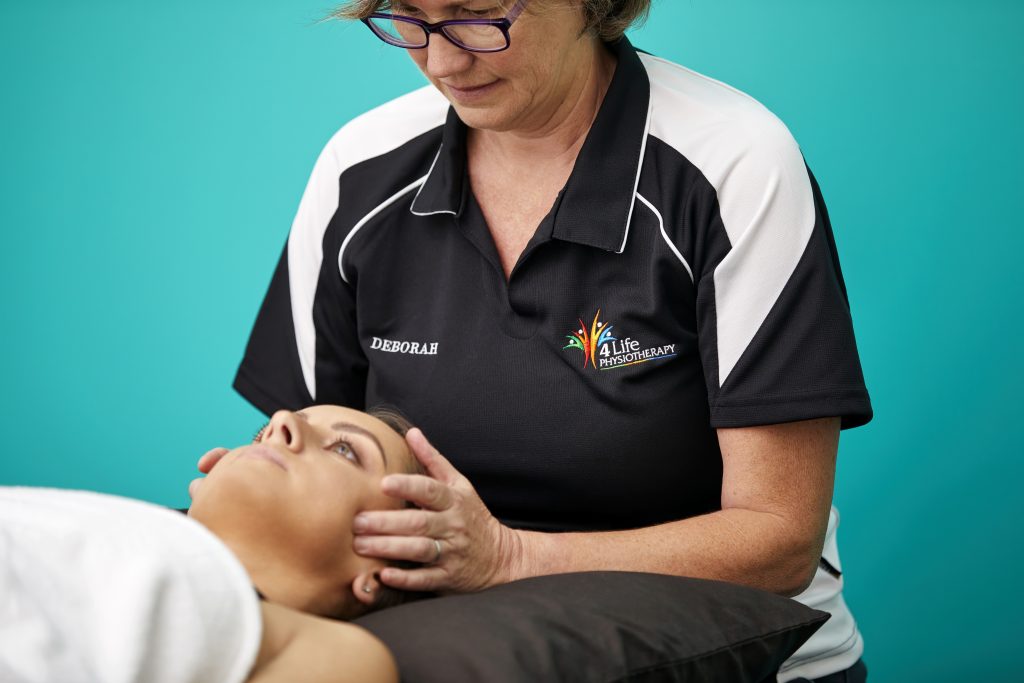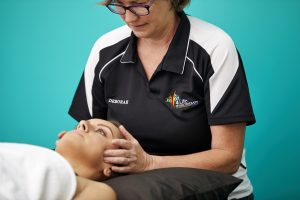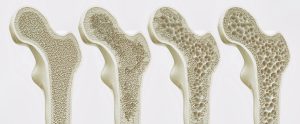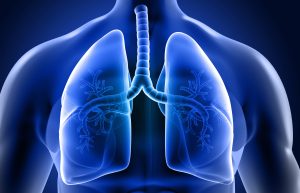Clicking, Popping, Aching Jaw? Relief Could Be Just a Physio Away!
Temporomandibular Joint Disorders (TMD)
Feeling stiffness, clicking, popping or pain in your jaw? Not quite sure who can help? Traditionally treated by dentists, many people don’t realise Physiotherapy can be an effective treatment for jaw related pain.
Temporomandibular joint disorders (TMD), refer to a group of conditions affecting the jaw joint, and the muscles used to control jaw movements. Also known as temporomandibular joint (TMJ), the jaw connects the scull and the lower jawbone, and is one of the most complex and used joints in the human body!
TMD is relatively common and can significantly affect quality of life. Jaw disorders can result in various symptoms, including pain not only in the jaw, but also in face, neck or shoulders. Difficulty opening or closing the mouth, clicking and popping sounds, as well as locking of the jaw are other common symptoms of a possible jaw disorder. TMD can be the missing link in persistent headaches or migraines, and even cause tooth pain, earaches or ringing in the ears. Jaw disorders can be acute or chronic, with symptoms often fluctuating over time. Many people experience symptoms related both to temporomandibular joint and the surrounding muscles, complicating accurate diagnosis and treatment.
The exact cause of TMD can be complex, often involving anatomical, behavioural and psychosocial factors. Common contributors include direct injury such as boxing or whiplash, teeth grinding or clenching, arthritis, stress and anxiety, as well as complex dental history. A trained Physiotherapist can help assess and identify underlying causes of jaw pain by asking relevant questions, and by examining jaw movement, muscle imbalances, posture, as well as any other contributing factors. Given the complexity of the disorder, best results are gained with a treatment approach involving multiple health professionals working together.
How can a Physiotherapist help with jaw pain?
Most TMD cases are managed conservatively, and aimed at reducing pain, improving function, and addressing any other contributing factors such as stress or unhelpful behaviours or pain beliefs.
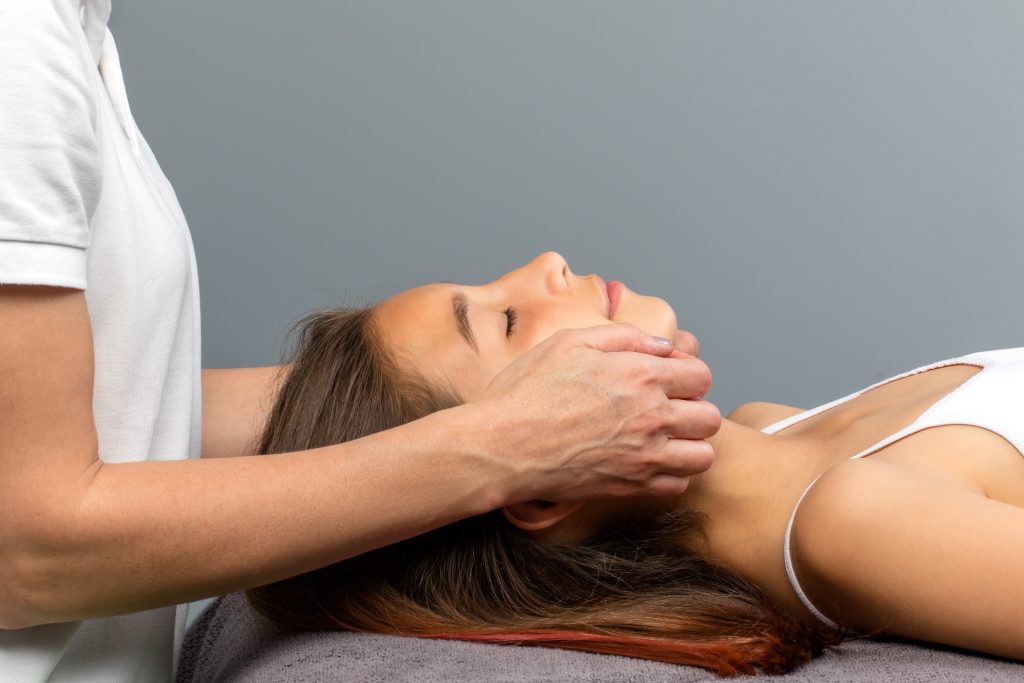
Physiotherapy plays a vital role in treatment and management of TMD. Depending on clinical examination findings, one of the treatment techniques include soft tissue massage or dry needling to release tension in the jaw and neck muscles, often in combination with mobilisation of the related joints. This can be very effective in improving joint mobility and reducing pain. Specific muscle stretching and strengthening exercises help to restore normal jaw function and reduce possible muscle hyperactivity. Recent research also emphasizes the role of neuromuscular re-education to improve jaw stability. This means the exercises are tailored for each patient according to the identified contributing muscle imbalances. In addition, poor posture can affect the alignment and function of the jaw, possibly exacerbating TMD symptoms. A physiotherapist can also help by correcting any related postural issues.
Increased stress and anxiety can trigger jaw clenching and teeth grinding, worsening jaw pain. Physiotherapist can help with breathing and relaxation techniques or refer to other health professionals for further stress management support. A dentist may recommend occlusal splints, especially for bruxism management. Bruxism means unconscious clenching or griding of teeth, often during sleep or when focusing on a task. Occlusal splints hold the jaw joint slightly apart and prevents compression in the joint as the person clenches or grinds. This can help reducing tension in the jaw muscles and reduce swelling and inflammation in the TMJ.
Hopefully this post has provided some insight of possible causes and typical symptoms of jaw related pain. Wondering if your pain may have something to do with your temporomandibular joint? Book in with one of our trained Physiotherapist for a consultation.
Physiotherapist


